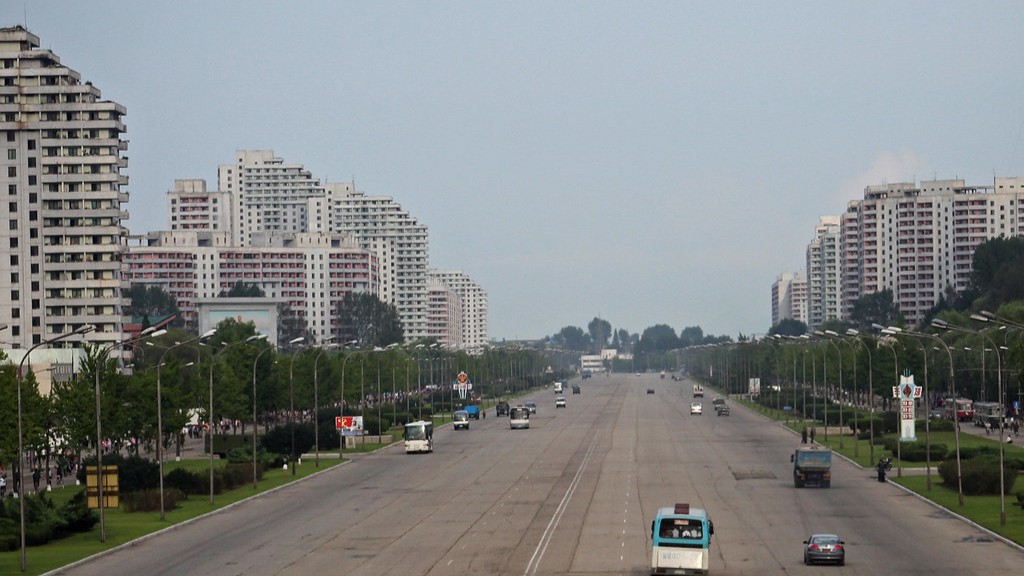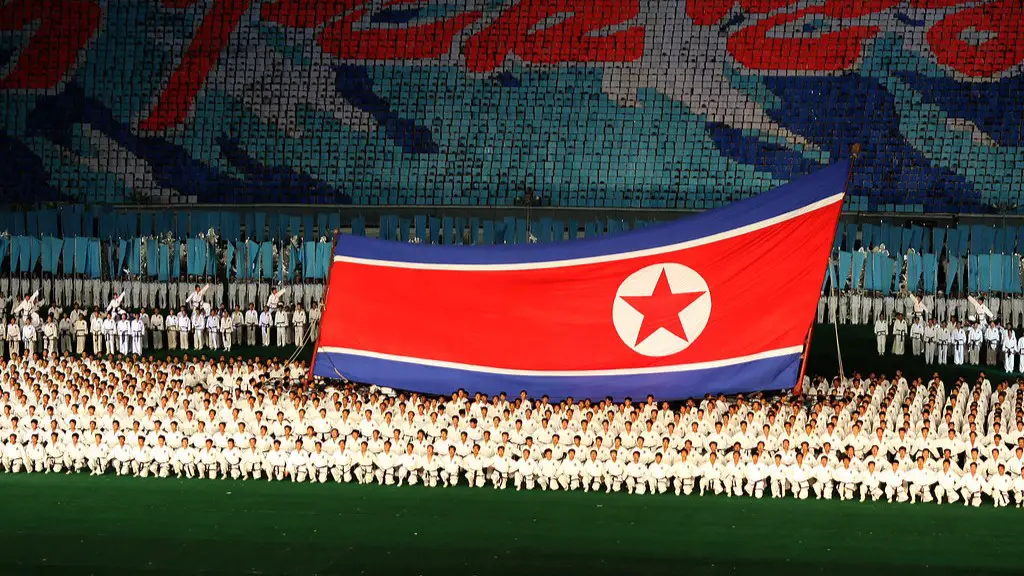For decades, China has been one of North Korea’s few close allies, providing diplomatic support and economic assistance in the face of international sanctions. But why does China continue to lend its support to North Korea? The answer lies in the complex and ever-changing relationship between the two countries.
First of all, there is a long shared history of diplomatic ties between China and North Korea. Going as far back as the 1950s, China has provided economic aid and political support to the North Korean regime. This long history of cooperation has helped to consolidate the relationship over time, with both countries now viewing each other as key allies.
China’s support for North Korea reflects a desire to maintain regional stability. By providing economic and diplomatic assistance to North Korea, China is able to act as a stabilizing force in the region, helping to prevent North Korea from destabilizing the wider region.
In addition, China sees North Korea as a buffer state between itself and U.S. forces in South Korea. By maintaining a close relationship with North Korea, China can maintain a degree of control over the situation in the Korean peninsula, helping to prevent conflict in the region.
Finally, there is the economic aspect. North Korea is one of the few remaining markets in the world where China can export its goods and services. By maintaining a close relationship with North Korea, China can ensure access to this lucrative market.
Security Concerns
One of the main reasons why China has provided long-term support to North Korea can be traced back to security concerns. The rapid rise of China in the global economic and political arena has been met with unease in the West, with US officials invoking the term ‘China threat’ to express their concerns.
In response, China has sought to secure its borders and consolidate its relationship with its neighbor, North Korea. By pursuing a close relationship with North Korea, China can help to counter any perceived threat from the United States, providing an extra layer of security for China.
Economic Benefits
As well as providing China with an extra layer of security, its relationship with North Korea also brings significant economic benefits. North Korea has large deposits of natural resources, such as coal and iron ore, which could be a boon for China’s economy.
In addition, North Korea serves as an important market for Chinese exports, with North Korea accounting for around 10 percent of all Chinese exports. This helps to benefit both countries, with North Korea gaining access to much-needed foreign trade and China accessing new markets and consumers.
North Korea as a Political Tool
China also sees North Korea as an important political tool. By maintaining close ties with North Korea, China can use it as leverage in its dealings with other countries. For example, China can use its influence over North Korea to pressure the United States into making concessions over trade, or to get tougher sanctions on other countries it wishes to pressure.
The support of China has been critical in helping North Korea to avoid even harsher sanctions from the international community. By providing political and economic support, China has been able to temper the United Nations Security Council’s response to North Korea’s actions, ensuring that sanctions are not as tough as they could be.
The Future of the Relationship
China’s relationship with North Korea is likely to remain strong in the future, as the two countries continue to benefit from their strong ties. China will likely continue to use North Korea as a tool to further its interests in the region, while North Korea will benefit from China’s economic and diplomatic support.
However, it is also important to note that China has recently signalled a more critical stance towards North Korea, criticizing its actions and raising the possibility of tougher sanctions. This could signal a shift in China’s relationship with North Korea, with the country potentially taking a less supportive approach in the future.
International Repercussions
The future of China’s relationship with North Korea could also have major implications for the international community. If China decides to increase its level of support for North Korea, it could lead to further international tensions and an even greater risk of conflict in the region.
Alternatively, if China decides to take a more critical approach to North Korea, it could pave the way for improved relations with the United States and other powers in the region. This could help to reduce tensions in the region and lead to further economic and political cooperation between China and its neighbors.
International Pressure
As the international community continues to put pressure on China to take a firmer stance against North Korea, China will likely continue to evaluate its relationship with the country. While China may not be willing to completely sever ties with North Korea, it could decide to reduce the level of its support for the country in the future.
China’s decision could have major implications for North Korea, as well as the wider region. It is therefore important that the international community continues to put pressure on China to ensure that it takes the right steps to ensure regional stability.
Sanctions and Diplomacy
Ultimately, the future of the relationship between China and North Korea will likely come down to sanctions and diplomacy. As long as the international community continues to put pressure on China to take a more critical stance towards North Korea, it is likely that China will eventually agree to tougher sanctions, or even to reduce its level of support for the country.
In the meantime, China will likely continue to provide economic and diplomatic support to North Korea, helping to ensure that the country remains stable and continues to benefit from Chinese investments.




